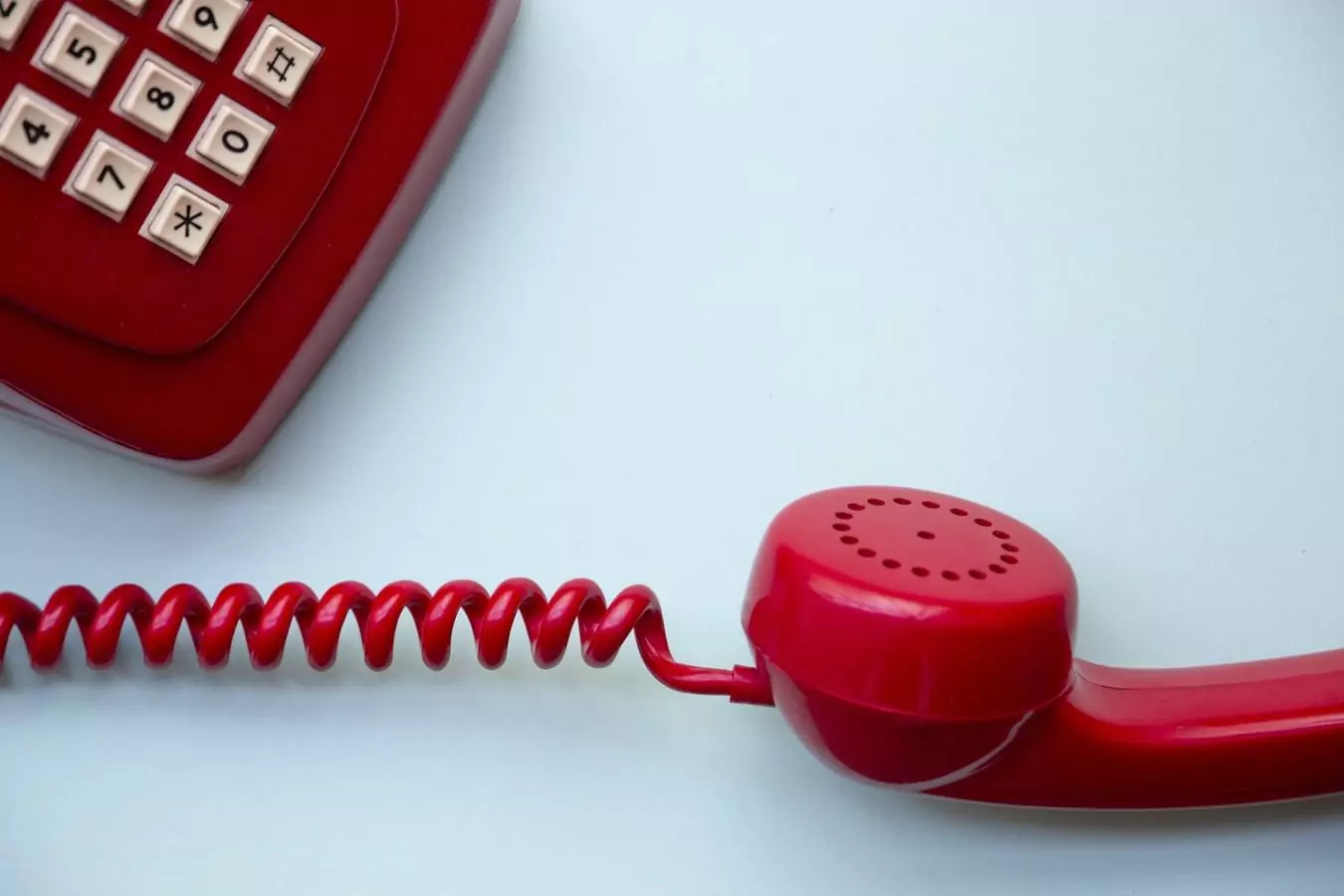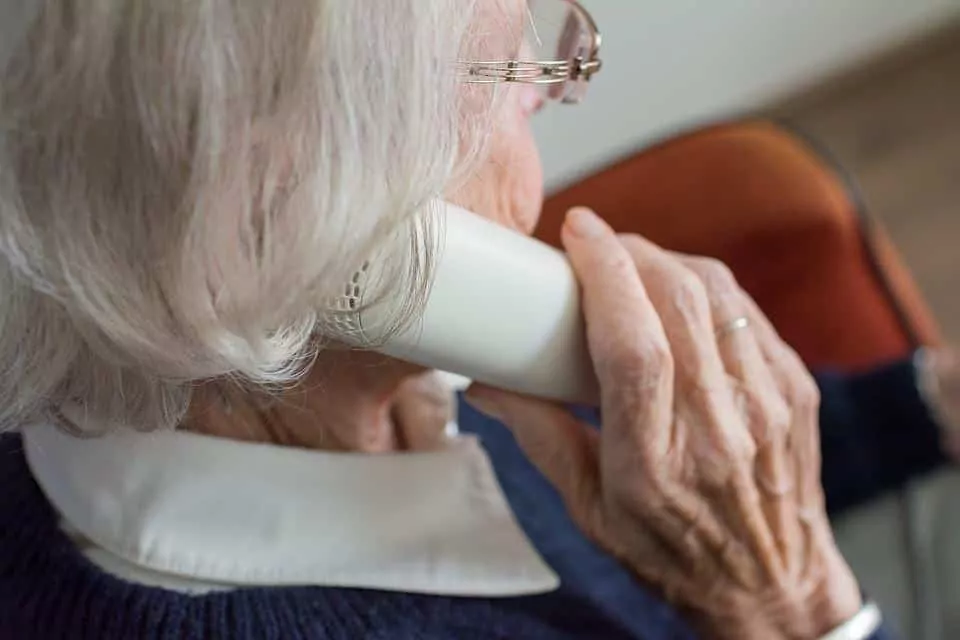by Leslie Farin
Our “Grandparent Scam” Story
Yesterday my 89 year old father received a disturbing call. The person calling told him his adult grandson, my son, was in jail. They explained my son asked them to call because he was afraid to call his parents. The bottom line, he needed $15,000 in cash for legal fees immediately. The caller knew details about my son, including his name and where he lived. Dad, wanting to know his grandson was OK, asked to speak to him. The caller put the “grandson” on the phone who answered Dad’s questions well enough that he agreed to send money.
Though my father doesn’t drive anymore – or so we thought – he still has a car and access to the keys. After the call, Dad, in a panic, drove to the drive-up window at his local bank to request $15,000 in cash. Fortunately, this wonderful little bank suspected fraud and called us to ask why he wanted this large sum. They did not give him the money and Dad drove home empty handed. The tenacious scammer called again. Luckily, his caregiver was at the house by then and overheard the conversation. Apparently, the caller’s story was very convincing and Dad was frantic. Thank goodness she decided to call the police.
It can happen to anyone
I believed my father was an unlikely candidate to fall for a grandparent scam. Until yesterday, that is. Yes, Dad is 89 years old, but he’s also intelligent and highly educated. We have regular phone conversations about the clever tactics callers use to extort funds and he assures me he does not give anyone money. In fact, he said he asks callers to send the information in the mail. And so, naively, I did not worry about dad and phone scammers. I know better now.
Increased isolation during quarantine leads to lonliness and vulnerability.
Dad lives alone with only his part-time caregiver for company most of the time. His world was small before the Covid-19 pandemic, but is now even more so with social distancing measures in place. With extremely limited social interaction or intellectual stimulation, Dad is bored, lonely and perhaps a bit more confused than usual, but seemed to function well on his own with a little help. That was my impression anyway from our phone calls; I realize now how masterfully he hid his deficits from me by simply changing the subject when unable to follow a conversation.
I understand why he answers the phone even when the caller ID says the number is unknown; a call brings a piece of the outside world into the house. A conversation, even with a stranger, offers a break from the heavy blanket of silence that surrounds him. Though Dad probably handled scam calls well prior to the pandemic, things are different now. He is different. He does not think as clearly as he once did which makes him more vulnerable.
Scammers prey on the devotion of elderly people to their families.
These callers exploit the relationship a grandparent has with a grandchild to extort money. Their scheme is simple, but devious. In my Dad’s case, the police thought the scammer likely looked up the phone number for his landline to find the numbers for people who called him. Based on the area codes, and because the white pages list information about relatives, they made an educated guess about my son’s name and location. These details helped convince him the story was real.
We dodged a bullet, but plenty of people do not. According to a report from the Federal Trade Commission (FTC), grandparent scams in the U.S. are on the rise. Almost $42 million dollars in losses were reported in 2018, up from $26 million in 2017 from these types of scams. Con artists typically target the elderly because they see them as vulnerable, and also perceive this population to have money to spend where grandchildren are concerned. The grandparent scam is cruel any time, but particularly now when life is significantly more difficult than usual due to the coronavirus.
Lesson Learned
This scam call to my father was a serious wake-up call. My siblings and I lived comfortably throughout the quarantine until now thinking all was well with Dad. After all, he told us everything was fine.
We need to be more diligent in our efforts to understand Dad’s changing mental status and protect him when necessary. His caregiver, quickly and quietly, already took the first important step for his safety which was to take away the car keys. Time for a family meeting to determine next steps.
How to avoid the Grandparent Scam
Be skeptical if you receive a call about a grandchild, or other family member, in trouble. Also, beware if the caller says there is an urgent need for money, particularly if they demand secrecy.
Verify the caller’s identity.
-Contact a family member to confirm the caller’s story
-Contact the real grandchild at a number you know is accurate
-Ask the caller questions that only the grandchild would be able to answer
Resist pressure to act quickly
-Do not send cash or gift cards
-Do not send money by wire transfers or overnight delivery











